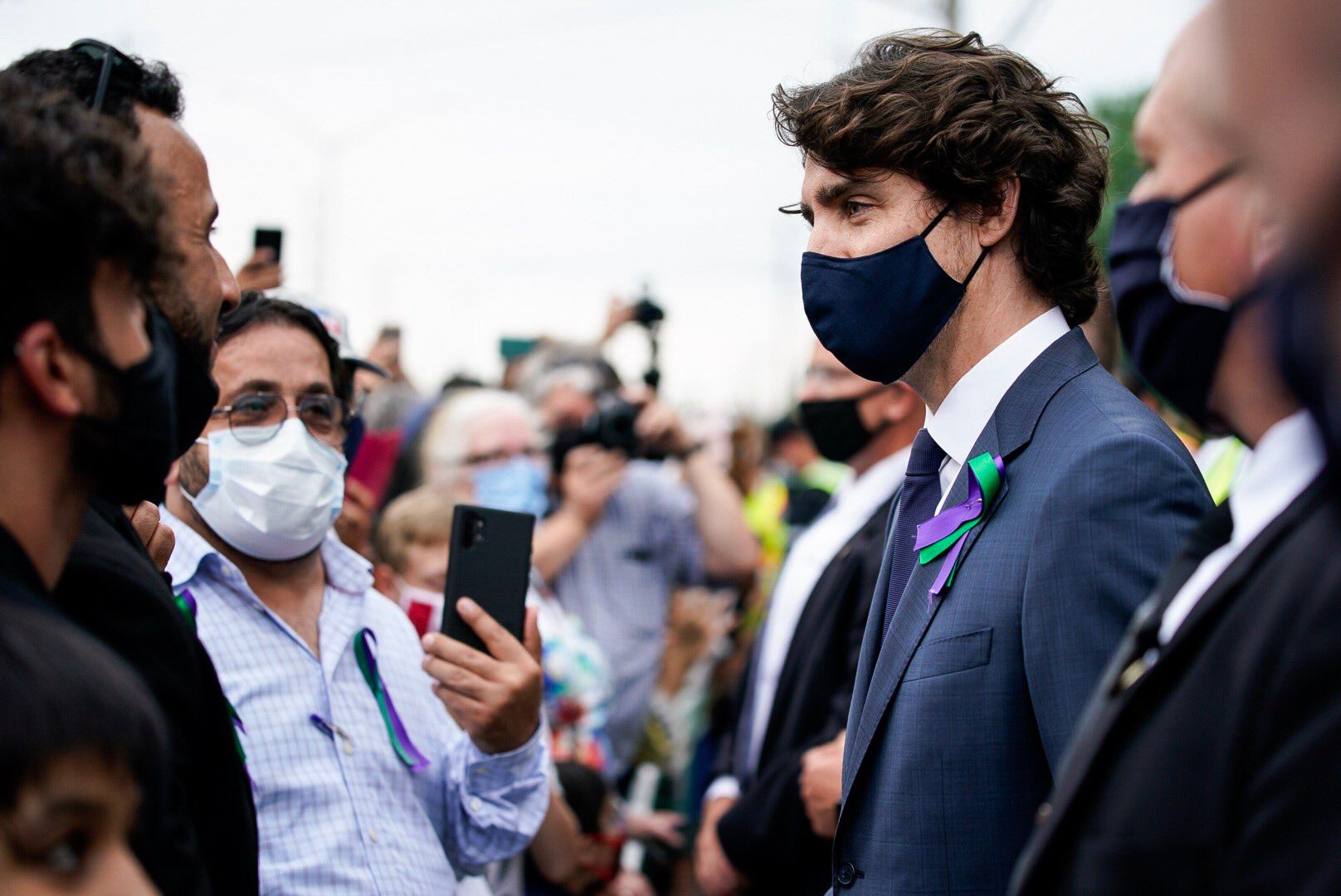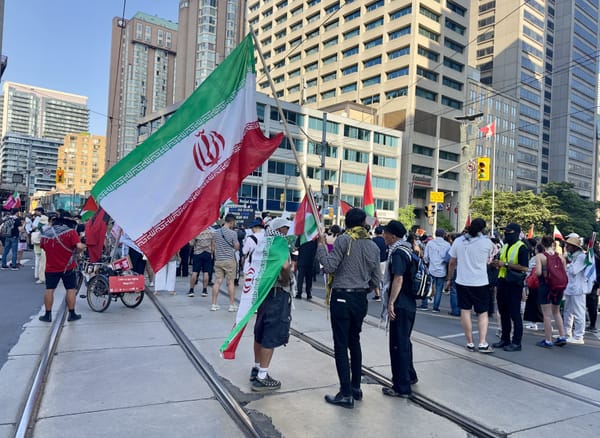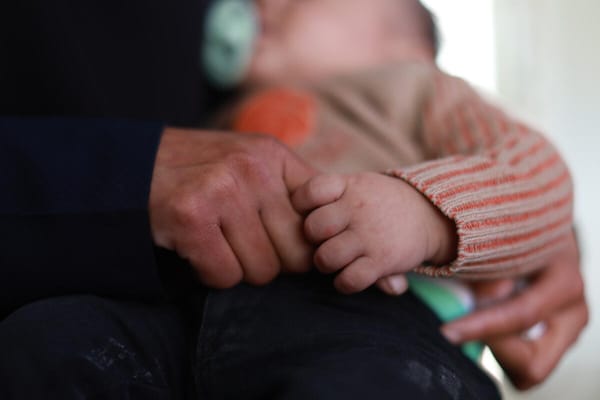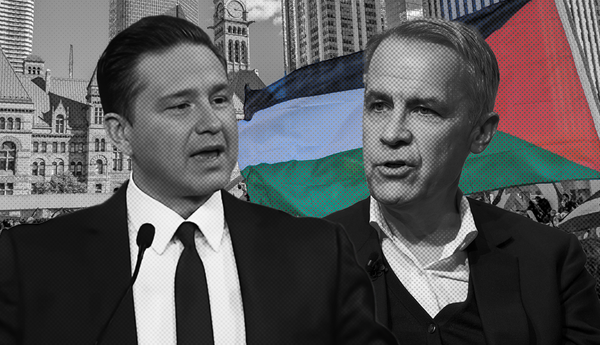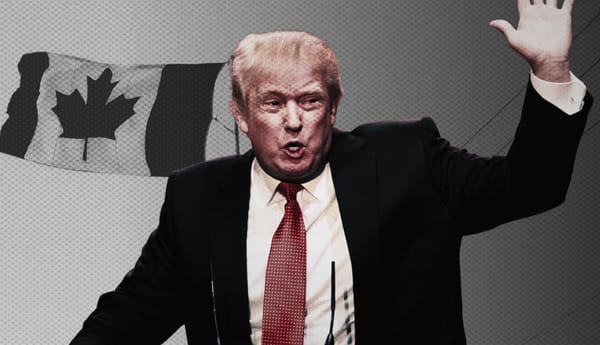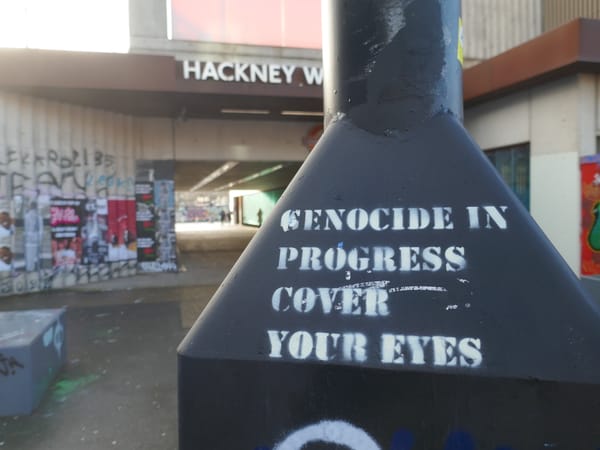On June 6, a man killed four members of a Muslim family in London, Ont. The next day, police announced they believed it was a hate crime. The day after that, the incident was discussed in the House of Commons.
Four party leaders — Liberal Party Leader Justin Trudeau, Conservative Party Leader Erin O’Toole, NDP Leader Jagmeet Singh and Bloc Québécois Leader François Legault — as well as former Green Party leader, Elizabeth May, gave speeches about the killing.
These speeches — all of which referenced unique experiences Muslims face, such as at work or on public transport — indicated the leaders are aware of how serious anti-Muslim hate is within Canada.
Yet despite this, the speeches were all laced with hypocrisy as well, because not a single one mentioned Bill 21, a law in Quebec that forbids public employees from wearing visible religious symbols, such as hijabs, at work.
Groups such as the National Council of Canadian Muslims, the Canadian Civil Liberties Association, the English Montreal School Board and multiple teachers unions have pointed out how this legislation is discriminatory and violates fundamental rights in Canada. They’ve been in courts fighting it since 2019.
A ruling in April that upheld most of the Bill — due to the notwithstanding clause that shields Quebec from charter challenges — acknowledges that the rights of Muslim women are being violated, and foreshows significant dehumanizing consequences for anyone who wears religious symbols in the province.
So, when Singh, for example, said in his speech that “there are people literally thinking about whether they should walk out their front door in our country,” I was confident he’d mention Bill 21. After all, this government enacted legislation has made Muslim women in Quebec fear losing their income, careers or even livelihoods. And yet, no mention came.
O’Toole, meanwhile, pointed out that the sole survivor of this attack, a 9-year-old boy, “deserves to be in a Canada where Muslim women of faith can wear a hijab without fear of being accosted or harassed in public.” He didn’t mention that Quebec’s government is the reason Muslims working in the province’s public sector are in fear.
Later that day, Trudeau was asked if he believes Bill 21 creates hatred and discrimination against Muslims. He replied with a firm, “No,” which sent shockwaves throughout the Muslim community. Supposedly Muslims becoming second-class citizens in Quebec isn’t somehow responsible for violence against them, and others throughout Canada.
The deception on display from these leaders was overwhelming, and painful to comprehend. While the Muslim community reels from this tragedy, our political leaders have shown up with tunnel vision, due in part to their own political interests: Quebec is regarded as critical grounds for the upcoming election, and the Bill is popular within the province.
As Trudeau said in the House in the aftermath of the killing, “words matter.” Politicians carefully avoiding referring to Bill 21 as discriminatory sets a dangerous precedent, and indicates failed leadership.
How can Trudeau pretend to care about religious persecution when he can’t even condemn discriminatory legislation in the face of an anti-Muslim hate crime? How can Muslims believe him when he claims he’s doing everything he can do to address anti-Muslim hate in Canada? It’s not reassuring to know that leaders of our government will only be “watching” and “following” discriminatory legislation instead of doing something to overturn it, as they should be.
These politicians should no longer expect to be able to attend vigils and stand shoulder to shoulder with our community when they look away from Muslim women in Quebec facing state enacted social exclusion and economic marginalization.

